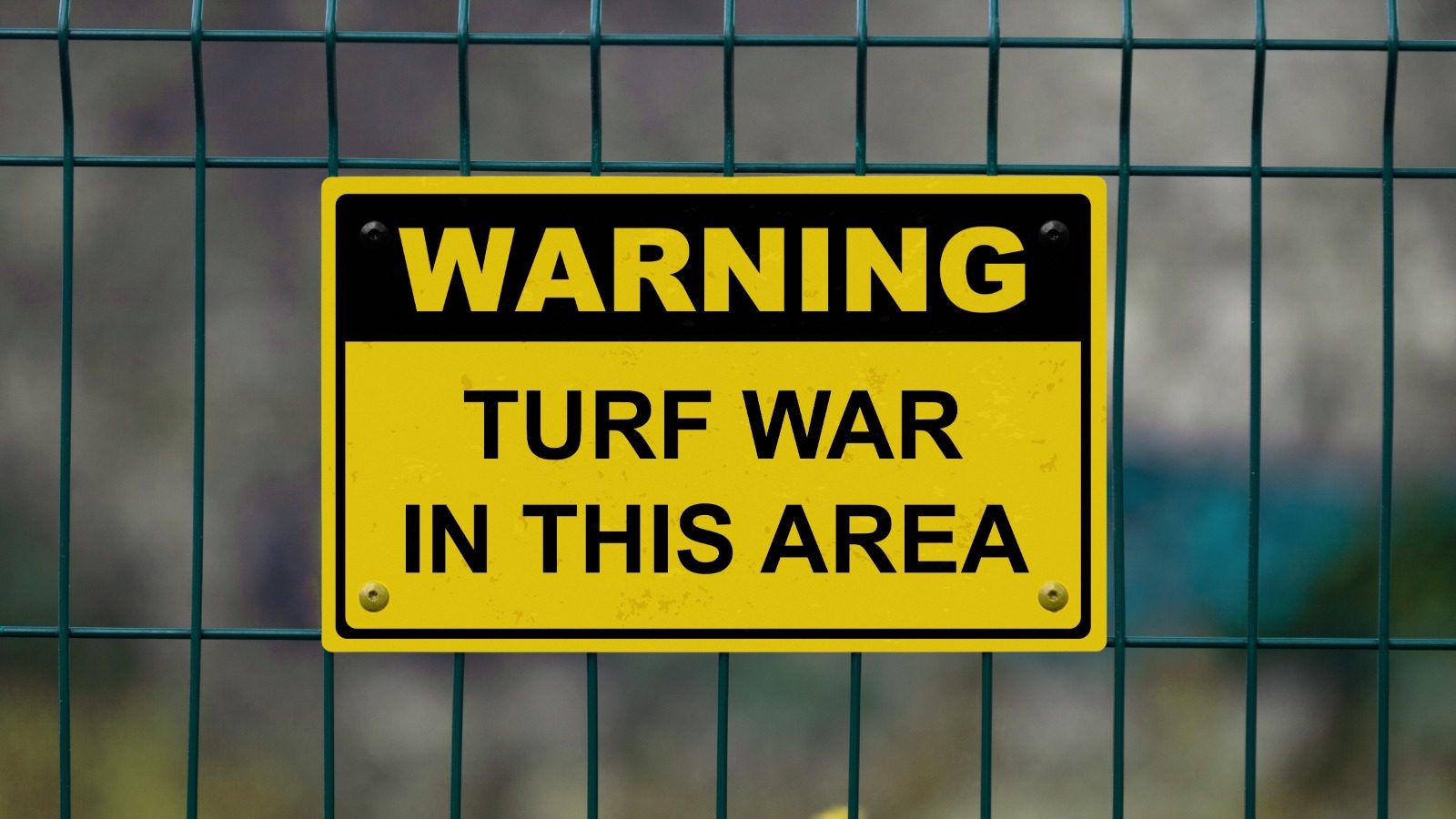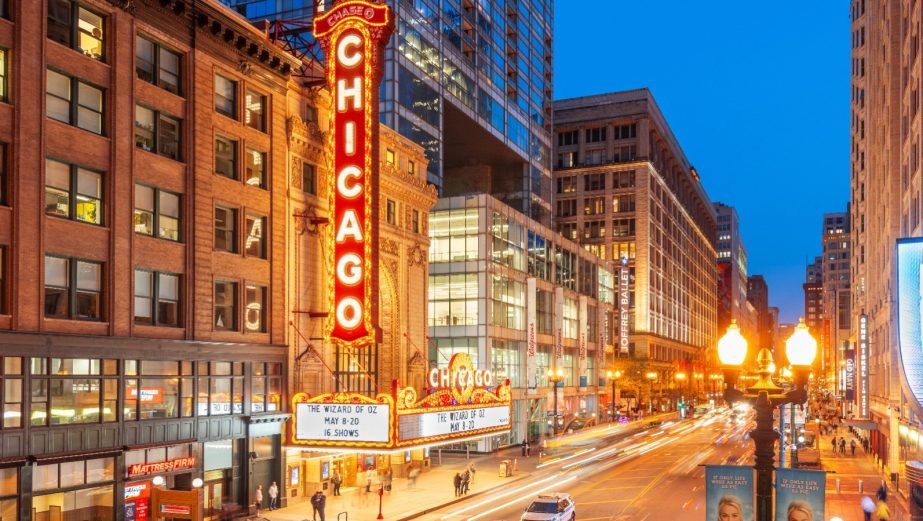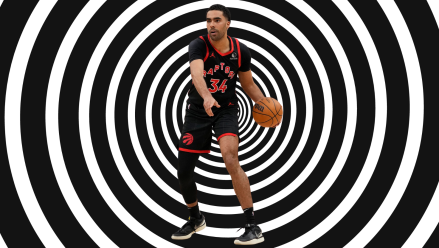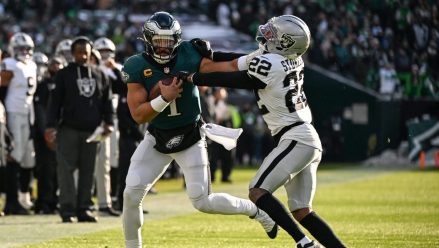Illinois’ wagering tax saga added another chapter Monday when a group of state legislators filed HB 4171, essentially telling Chicago’s mayor and city council to back off of taxing betting within the city limits. The bill would prohibit local jurisdictions from taxing, regulating, or imposing fees on gambling.
State Rep. Daniel Didech filed the bill Monday, days after Chicago Mayor Brandon Johnson proposed a 10.25% tax on digital sports betting within the city limits. The proposal was part of Johnson’s 2026 budget overview, which estimates such a tax would generate $26 million. The overall budget is $16.6 billion and there is a $1.15 billion deficit.
The Chicago City Council is considering adding a per-wager tax on digital sports betting, but the proposal has not progressed past the discussion stage.
If Didech’s bill moves forward, both city proposals would be moot.
Per a press release from Didech’s office, the bill is “in direct response to the City of Chicago’s plan to impose a local sports betting tax, and is designed to prevent policies that would harm consumers and undermine consistent statewide oversight.”
Top sportsbooks already paying 50% tax
The main operators in Illinois are already taxed at about 50% of gross gaming revenue after the state legislature imposed a per-wager tax in July. That new tax came a year after the legislature raised digital wagering taxes from a flat 15% to a sliding scale of between 20%-40%, depending on revenue.
“When the legislature legalized sports betting in 2019, it was never our intent to allow local governments to create their own rules for this industry,” Didech said via the press release. “Chicago’s proposal will hurt consumers, drive vulnerable people to predatory illegal markets, and reduce state income tax. The city should work collaboratively with the state to ensure sound, informed policy decisions are made on this issue.”
The Illinois legislature’s regular session closed May 31, but its annual veto session began Oct. 14 and runs through Oct. 30. Didech’s bill gained four co-sponsors Monday and has not yet been assigned to committee. If the bill does not pass during the veto session, it could carry over to the 2026 session, though Johnson’s budget goes into effect Jan. 1.
Didech is the chair of the House Gaming Committee.







